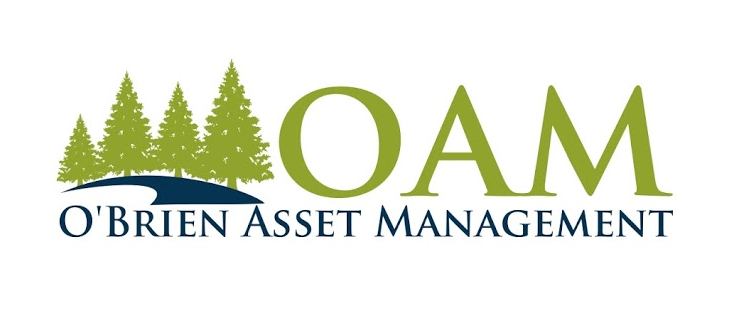Starting today, upfront fees for mortgage loans backed by Fannie Mae and Freddie Mac will be adjusted because of changes in the Loan Level Price Adjustments. These are the fees that vary from borrower to borrower based on their credit scores, down payments, types of home, and more. The changes relate to credit scores and down-payment sizes. But not in the way you think it would.
In some cases, people with higher credit scores may end up paying more while those with lower credit scores will pay less. Huh?
The entire matrix of fees based on credit score and down payment has been updated. If you have a top credit score, you’ll still pay less than if you have a low credit score. However, the penalty now for having a lower credit score will be smaller than it was before May 1.
For example, if you have a score of 659 and are borrowing 75 percent of a home's value, you'll pay a fee equal to 1.5 percent of the loan balance. Before these changes, you would have paid a 2.75 percent fee. On a hypothetical $300,000 loan, that's a difference of $3,750 in closing costs.
On the other end, if you have a credit score of 740 or higher, you would have paid a 0.25 percent fee on that same loan. Starting on May 1, you could pay as much as 0.375 percent.
These changes are part of the Federal Housing Finance Agency’s broader examination of fees to provide “equitable and sustainable access to homeownership” and shore up capital at Freddie Mac and Fannie Mae. That's all well and good, but the fact that people who have worked hard to build up their credit are subsidizing others who haven't strikes me as an overreach.
We're not talking about a small segment of the mortgage market. Fannie Mae's and Freddie Mac’s share of that market comprised nearly 60 percent of all new mortgages during the pandemic, up from 42 percent in 2019.
